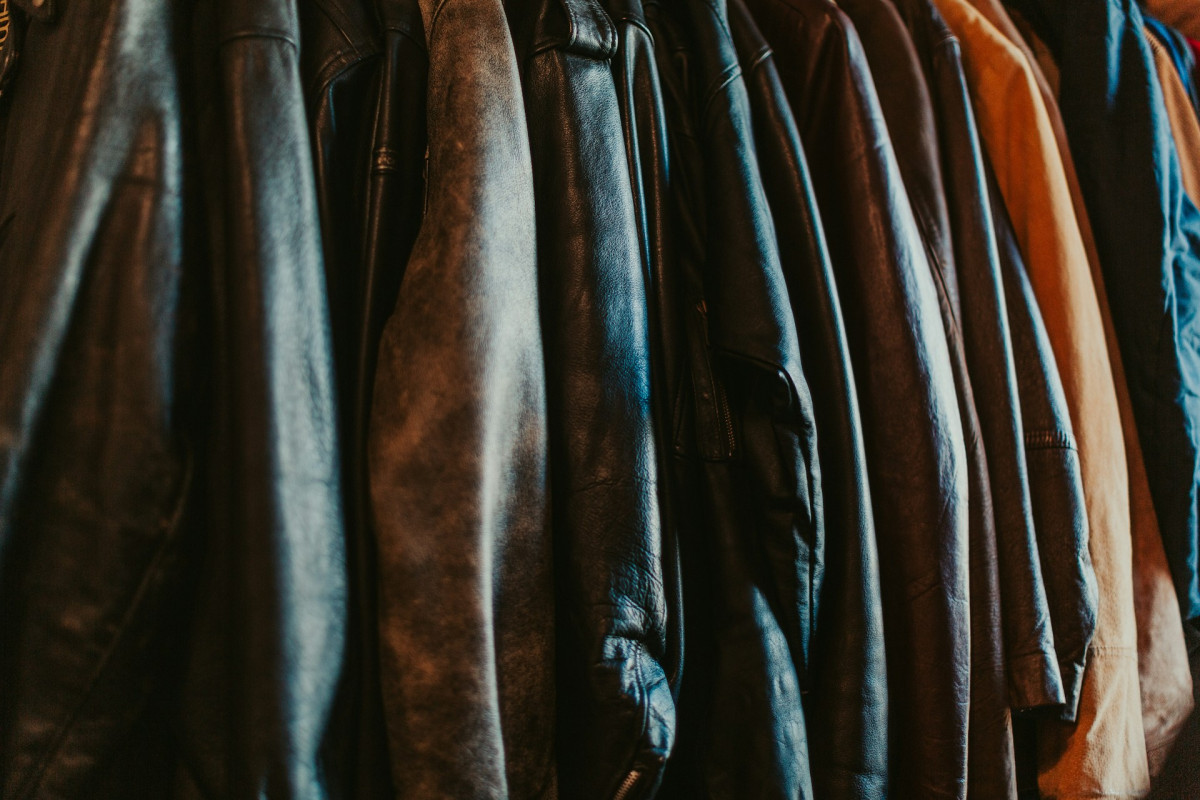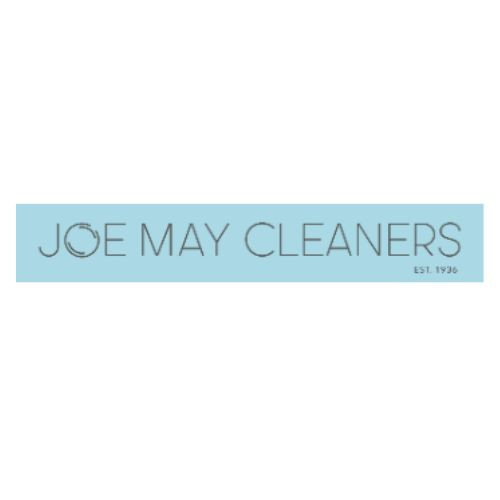Joe May Cleaners Promotes Regular Leather Jacket Conditioning
ATLANTA, GA — Joe May Cleaners, a trusted name in professional garment and leather care since 1963, is highlighting the importance of regular leather jacket conditioning to preserve longevity, softness, and appearance. The company emphasizes that even the highest-quality leather requires periodic conditioning to prevent dryness, cracking, and fading.
Every Leather Jacket Needs Regular Conditioning
According to Joe May Cleaners, all leather jackets—regardless of quality or cost—need consistent conditioning to maintain their texture and durability. Without proper care, leather can lose its natural oils and transition from smooth and rich to dry and brittle faster than expected. The cleaning specialists explain that proper conditioning depends on factors such as the jacket’s weight, finish, and frequency of use, requiring a precise and tailored approach.
Condition Every 6 to 12 Months, Even If It Looks Fine
The experts at Joe May Cleaners recommend conditioning leather jackets every six to twelve months, even if they appear to be in excellent condition. Leather naturally loses oils over time due to exposure to air, fluctuating temperatures, and low humidity. Regular conditioning keeps the fibers flexible, preventing cracking before it begins.
How to Time Conditioning
Joe May Cleaners advises customers to schedule conditioning treatments much like routine maintenance for a car. The company suggests marking the date on a calendar every six to twelve months or timing conditioning around seasonal changes. Early fall and early spring are ideal, as jackets experience temperature shifts during these times. Even a light conditioning routine twice per year, using a quality leather cream or conditioner, is sufficient to preserve natural oils and color depth.
After Exposure to Water, Sun, or Snow
The company warns that water, sunlight, and heat are among leather’s greatest threats. Whenever a leather jacket is caught in rain, exposed to direct sunlight, or freshly cleaned, it should be reconditioned. Moisture can remove essential oils, and UV rays can fade and weaken the leather surface. Conditioning after exposure restores moisture balance and strengthens protection against future environmental stress.
Post-Exposure Care
Joe May Cleaners advises letting the jacket air dry naturally, away from heat sources such as vents or radiators. Once fully dry, a leather conditioner or cream should be applied to restore softness and flexibility. Special attention should be given to high-stress areas like cuffs, shoulders, and elbows, which experience the most environmental wear.
When the Leather Feels Dry, Stiff, or Starts to Crack
If a leather jacket begins to feel stiff or squeaks when moved, Joe May Cleaners explains that these are signs of lost natural oils and dehydration. Prompt conditioning at this stage can prevent cracks from forming permanently.
How to Revive Dry Leather
The company recommends choosing a rich, cream-based or wax-infused leather conditioner that penetrates deeply into the fibers. For best results, the leather should be slightly warmed in a mild environment to open its pores before conditioning. Applying two thin coats 24 hours apart ensures gradual restoration. Customers will notice immediate improvement, with the leather becoming more supple and smoother as minor cracks diminish over time.
If the Jacket Has Been in Storage
Leather jackets stored for extended periods can dry out due to limited air circulation and fluctuating humidity levels. When removed from storage, these jackets may feel flat, sticky, or dull—signs that they require conditioning before wear.
Post-Storage Refresh
Joe May Cleaners recommends wiping the surface with a soft microfiber cloth or gentle leather cleaner to remove dust or residue. If a musty odor or mildew is present, the jacket should be lightly wiped with a damp cloth and aired out before conditioning. Once clean, an even layer of conditioner should be applied using circular motions, with focus on creases and seams. This process reactivates leather fibers and restores a refreshed, ready-to-wear texture.
Before Wearing Each Season
Because environmental conditions vary by season—such as summer humidity or winter dryness—Joe May Cleaners advises conditioning jackets before the start of each new season. This proactive measure prevents cracking and prepares leather for upcoming temperature changes.
Seasonal Preparation Routine
The company suggests first inspecting for dull or dry areas that may require extra attention. A balanced conditioner with mild UV protection is ideal for those who wear jackets frequently outdoors. After applying the product, a soft buffing cloth can be used to achieve a natural shine and seal in protection. Conditioning before each season ensures resilience against shifting weather while preserving the jacket’s rich color and texture.
More Frequent Conditioning for Lightweight Leathers
Lightweight leathers such as lambskin or calfskin are prized for their soft, luxurious feel but are more delicate than heavier hides. Joe May Cleaners recommends conditioning these materials every three to four months to maintain their suppleness. Because thinner leathers are more vulnerable to environmental damage, consistent care is key to preserving their beauty.
Tips for Conditioning Lightweight Leather
The company advises using mild, cream-based or spray conditioners rather than waxy formulas that could darken the leather. Conditioning should be performed gently with a microfiber cloth using circular motions. Over-saturating the leather should be avoided, as too much moisture can weaken fibers. With proper maintenance, lightweight leathers will retain their smooth, elegant drape and natural sheen for years.
Less Frequent Conditioning for Heavy-Duty Leathers
For rugged jackets made from cowhide, buffalo, or other heavy-duty materials, Joe May Cleaners notes that conditioning once or twice per year is sufficient. These leathers contain higher oil content and resist drying better than softer types but still benefit from occasional maintenance.
Tips for Conditioning Heavy-Duty Leather
Before applying any conditioner, jackets should be thoroughly cleaned to remove dust, sweat, or road debris. A protective leather boot or saddle conditioner containing wax offers additional durability. Attention should be focused on creased or flexible areas to maintain flexibility and prevent cracking. With annual conditioning, heavy-duty leathers preserve their rugged appeal and long-lasting strength.
Joe May Cleaners Offers Professional Leather Conditioning Services
Joe May Cleaners emphasizes that professional leather care is the best way to maintain the look and longevity of high-quality garments. Conditioning prevents dryness, cracking, and fading, keeping the leather soft and visually appealing.
Serving Atlanta and surrounding communities—including Lawrenceville Highway, Downtown Decatur, Peachtree Battle, and Lavista Road—Joe May Cleaners combines traditional craftsmanship with advanced cleaning technology. Their process includes detailed inspection, deep cleaning, conditioning, and finishing touch-ups to ensure that every leather garment leaves looking and feeling renewed.
For customers interested in restoring or protecting their leather jackets, Joe May Cleaners encourages reaching out for expert assistance. The company can be contacted at 402-940-8521 or by email at [email protected].




